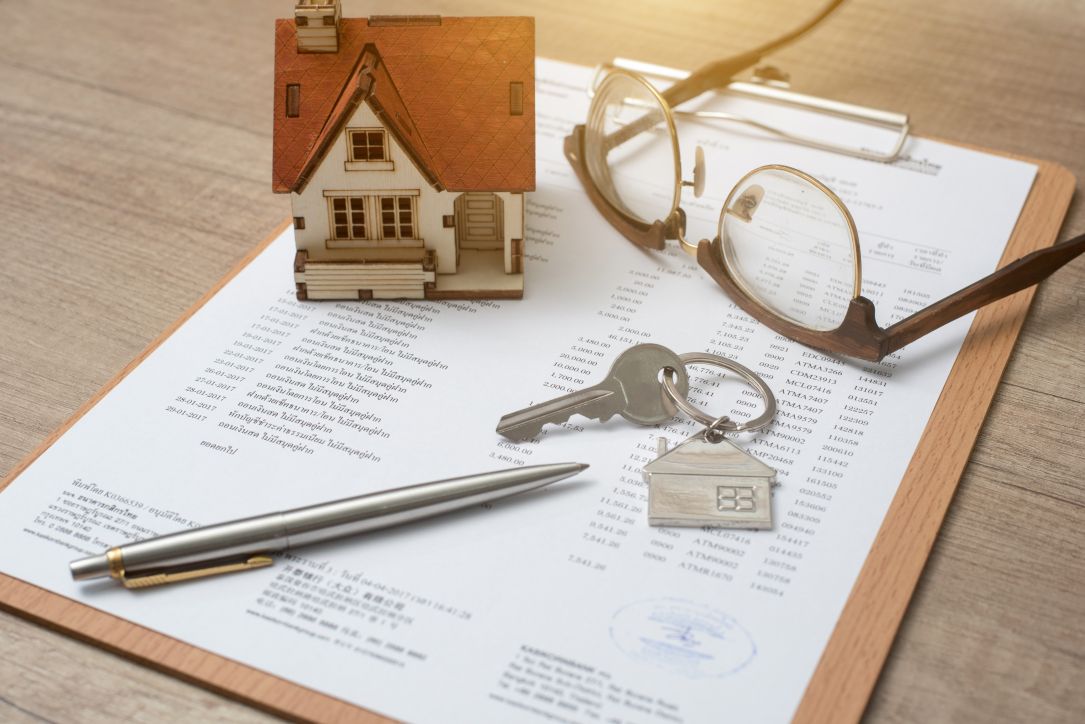
Airbnb is adding property characteristics such as verified WiFi speed to its details in a bid to win more business and flexible working renters.
Recent announcements from the short lets platform have suggested that it sees living and working remotely as likely to continue beyond the pandemic according to Airbnb, as guests this year spend more on longer stays than at any point in Airbnb’s history.
Now 20 percent of the Airbnb business is stays of one month or longer and long-term stays have become the platform’s fastest-growing category.
To support this trend, Airbnb now allows users to search for stays up to 12 months (from six) and the platform is overtly linking this with announcements by many high profile companies - including Procter & Gamble, Ford Motor Company, PwC, and Amazon - that its staff can continue to work remotely in certain circumstances.
A consumer survey commissioned by Airbnb across five countries including the UK found that 63 per cent of all respondents say they have come to expect more flexibility from their employers, and one third said they will live somewhere else while working remotely more often after the pandemic than before the crisis.
In 2021 alone, Airbnb says its users have clicked on the WiFi filter more than 288m times, so in response it is adding ‘Verified Wifi’ to property details, allowing hosts to test their listing’s internet connection from the Airbnb app and have their wifi speed authenticated.













%20-%20IMAGE%20Client%20Accounting%20%E2%80%93%20what%20are%20your%20options.jpg)

%20(002).png)
.png)
.png)

%20(002).jpg)







Join the conversation
Jump to latest comment and add your reply
It may look like an attractive proposition, but it's hard work. Airbnb is not friendly to its hosts at all, the guests are always right, even when they leave the place like a tip. Serviced accommodation is HIGH action property investing.
I thought more than 6 months meant it was an AST?
If it doesn’t then AirBnB is now a threat to the entire PRS.
Agreed; and without the regulation that I spend considerable time on ensuring I am compliant. All anyone wants from the Government is a level playing field and AirBnB is not that!
Nope. An AST can be the length of a notice period +1 day if you like. It's a different method of delivery and goes along the lines of a hotel agreement. That said, landlords, in this case, would need to have the correct class use for their property which means it must be applied for by way of planning permission.
Again, the expectations are different. On an AST the tenant has responsibilities, with AirBNB the tenant has none and will want that HIGH touch pandering service.
It can't be a holiday let if the person staying there has no other permanent address. One of the key points of an AST is that its your primary residence. So the risk here is far more to the Landlord, as if something was to go wrong and the Landlord wanted to turf them out, the "guest" could claim actually they aren't on holiday and its a long term rental and are then afforded the rights of a Tenant. You don't need a written contract to create an AST, and if it looks like an AST then it is one. There are going to be Landlords that think they are safe then all of a sudden land themselves in hot water when they can't just chuck their guest out when there's a problem.
Please login to comment